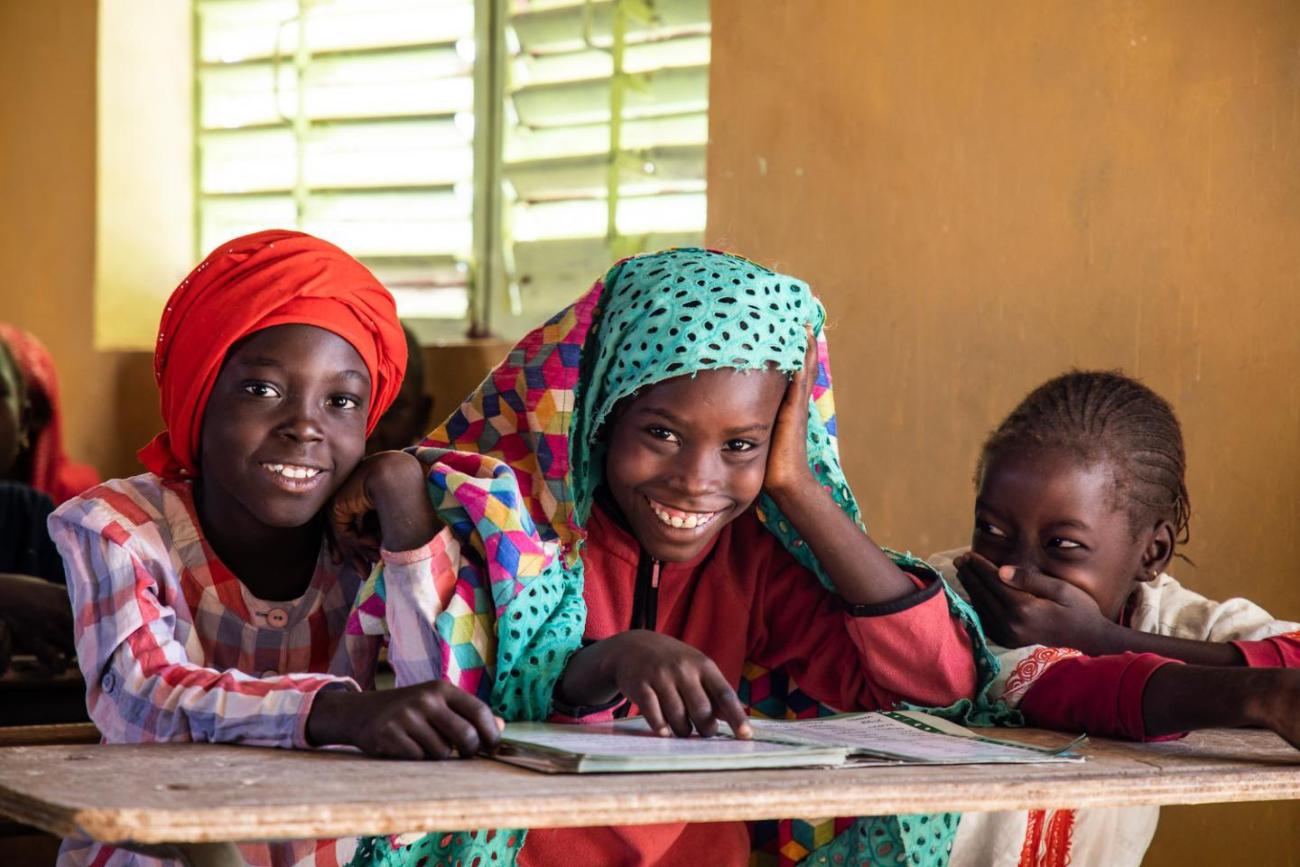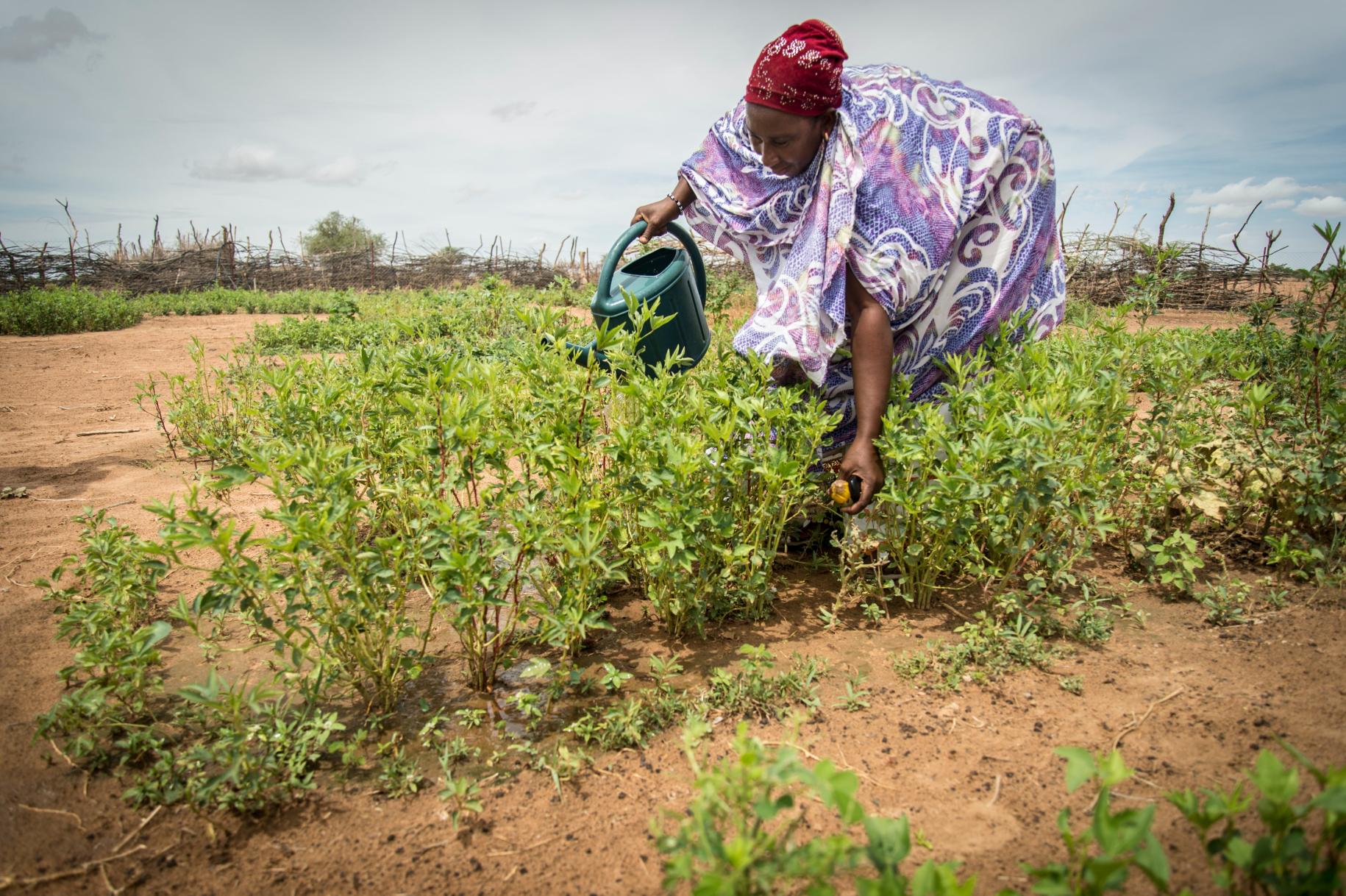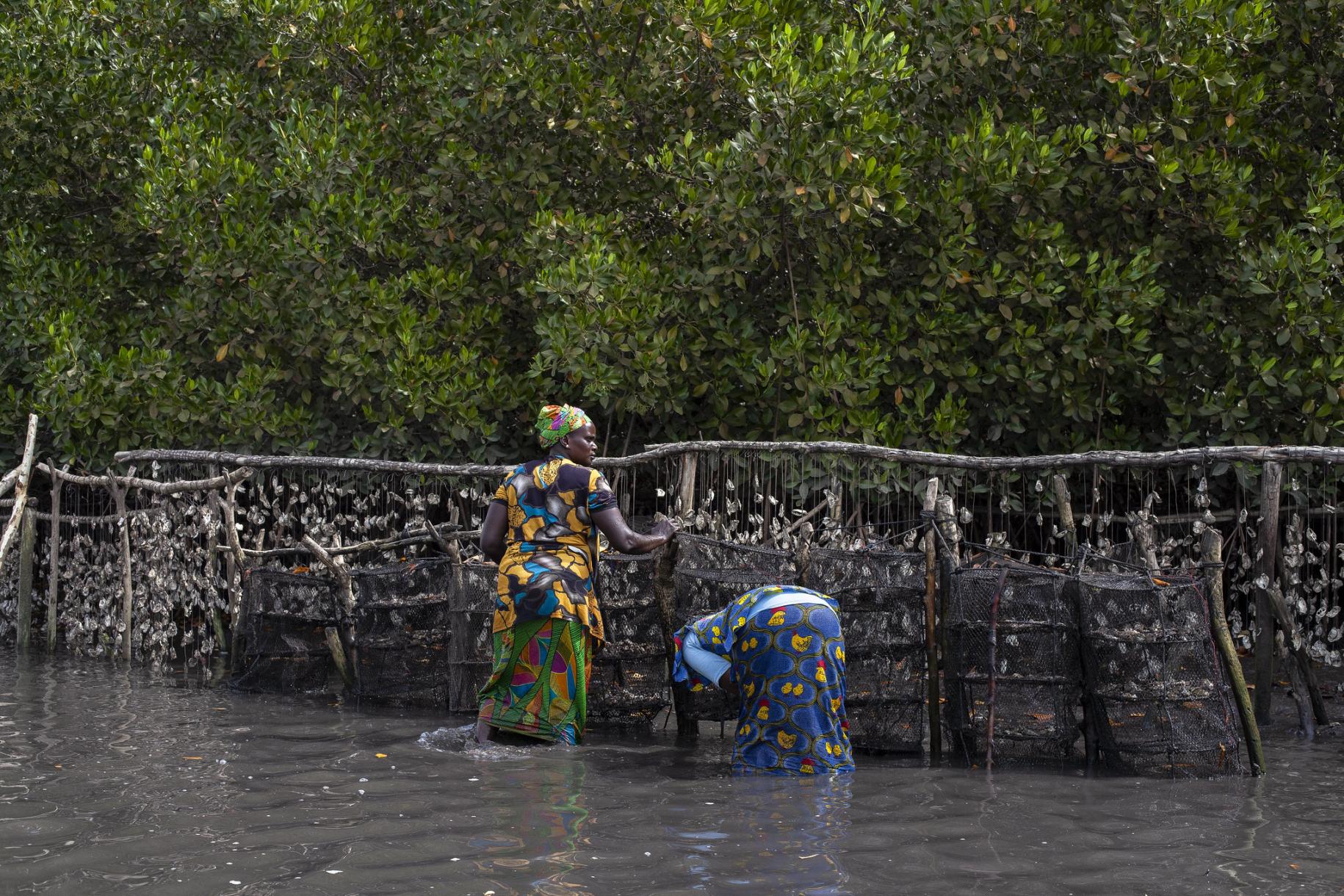Senegal’s leap to prosperity: Investing in catalytic transformations

For Senegal, the road to achieving the Sustainable Development Goals (SDGs) by 2030 is punctured by another key milestone: its expected graduation from the category of ‘Least Developed Country’ (LDC). By 2027, at the current rate of progress, Senegal will no longer be among the group of economically vulnerable and lowest-income countries.
Supporting the Government and people’s ambitions to boost lives and livelihoods is a key priority of the UN team, focusing on key areas that have the potential to accelerate progress across all the SDGs, as the UN Resident Coordinator in Senegal, Aminata Maiga explains.
“Challenges remain, but Senegal is undoubtedly on the right track, and the UN team stands resolutely by its side to build lasting inclusive growth and sustainable development. By working closely with local authorities and civil society organizations, we are helping to improve people's living conditions, strengthen the foundations of a prosperous economy and promote sustainable development for all”
From transforming its food systems to expanding access to quality education for all, here are three ways the Resident Coordinator’s Office has been supporting the country’s strides towards LDC graduation, the 2030 Agenda for Sustainable Development, and beyond.
Adapting to climate shocks
Senegal and 45 other LDCs, home to over 1.1 billion people, account for less than 4 per cent of global greenhouse gas emissions. Yet over the last 50 years, 69 per cent of deaths globally caused by climate-related disasters took place in LDCs.
Like other LDCs, Senegal is bearing the brunt of the impacts of climate change, including coastal erosion, droughts, and erratic patterns of rainfall. The agricultural sector is especially vulnerable to the effects of these climate shocks, with 70 percent of crops being rainfed. In turn, disruptions to agricultural production have a knock-on effect on food prices, deepening cycles of rural poverty.
Recognizing the scale of these climate threats, and their cross-cutting impact on all the SDGs, the Resident Coordinator in Senegal has rallied the UN team to scale up adaption and resilience measures.
Senegal’s Local Climate Adaptive Living Facility is helping authorities access the climate financing, technical support and skills needed to respond and adapt to climate change. The initiative was launched last year and is backed by the UN team, including the UN Capital Development Fund.

With this financing boost, climate adaptation is gathering speed. At the community level, over 3,000 farmers have been trained last year in adaptive agricultural practices, and more than 600 people have been empowered with advanced skills in climate information analysis and interpretation to help prepare and mitigate future shocks. Also, over 20,000 food producers now have insurance, offering them a critical safety net against the unpredictable whims of weather conditions.
Reaching zero hunger amid global crises
Senegal was affected by the disruption of global wheat supply resulting from the impacts of the war in Ukraine. This contributed to food insecurity across the country, with rising levels of inflation. Today, more than one third of the population lives below the poverty line and 75 percent of families suffer from chronic poverty.
Strengthening Senegal’s food systems to withstand shocks and decrease reliance on food imports has been a priority for the UN team’s work with authorities.
The Joint SDG Fund supports one joint programme in Senegal under its Development Emergency Modality focused on building resilience and diversifying the food system in the country. The Joint Programme, led by the RC, helped to upgrade the national data collection system on food security and nutrition in cooperation with government agencies, proposed concrete measures to tackle the impacts of the crisis, and to enhance and diversify wheat production especially for female farmers and entrepreneurs working along the value chain.

Expanding Senegal’s access to quality education
Although access to basic education has improved significantly over the last decade, progress has been uneven, also affected by lingering impacts of the COVID-19 pandemic. Gaps between rural and urban education persist, and in 2021, 27 per cent of primary school aged children remained out of school.
Educational advancement plays a crucial role in the UN's efforts to support the country's progress towards graduating from the LDC category, helping reduce inequality and promote an inclusive and thriving economy.
Under the leadership of the Resident Coordinator—who has a unique understanding of each agency’s expertise- the UN team has implemented a range of initiatives to expand access to quality education across the country. This includes the integration of digital technology into education systems, supporting the development of a national policy on inclusive education for children with disabilities, also building skills for almost 6000 new teachers in 2022 alone. Beyond this, more than 27, 000 out-of-school children returned to school last year thanks to our UN team-backed reintegration efforts.
Time is of the essence. And the role of the Resident Coordinator’s Office in supporting Senegal’s sustainable development ambitions is more crucial than ever. By coordinating action on the ground, mobilizing resources and harnessing expertise from across the system, the UN team in Senegal stands ready to make the next years count.
To learn more about the work of the UN in Senegal visit senegal.un.org













